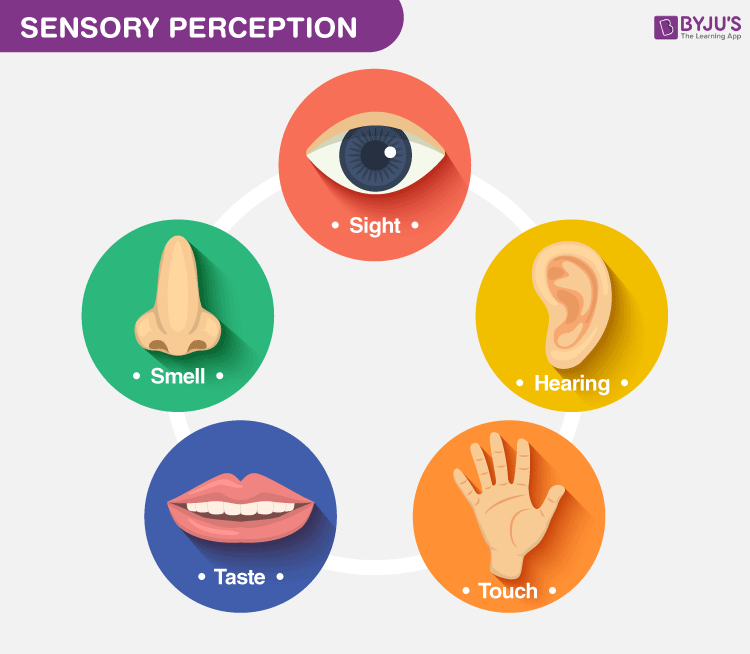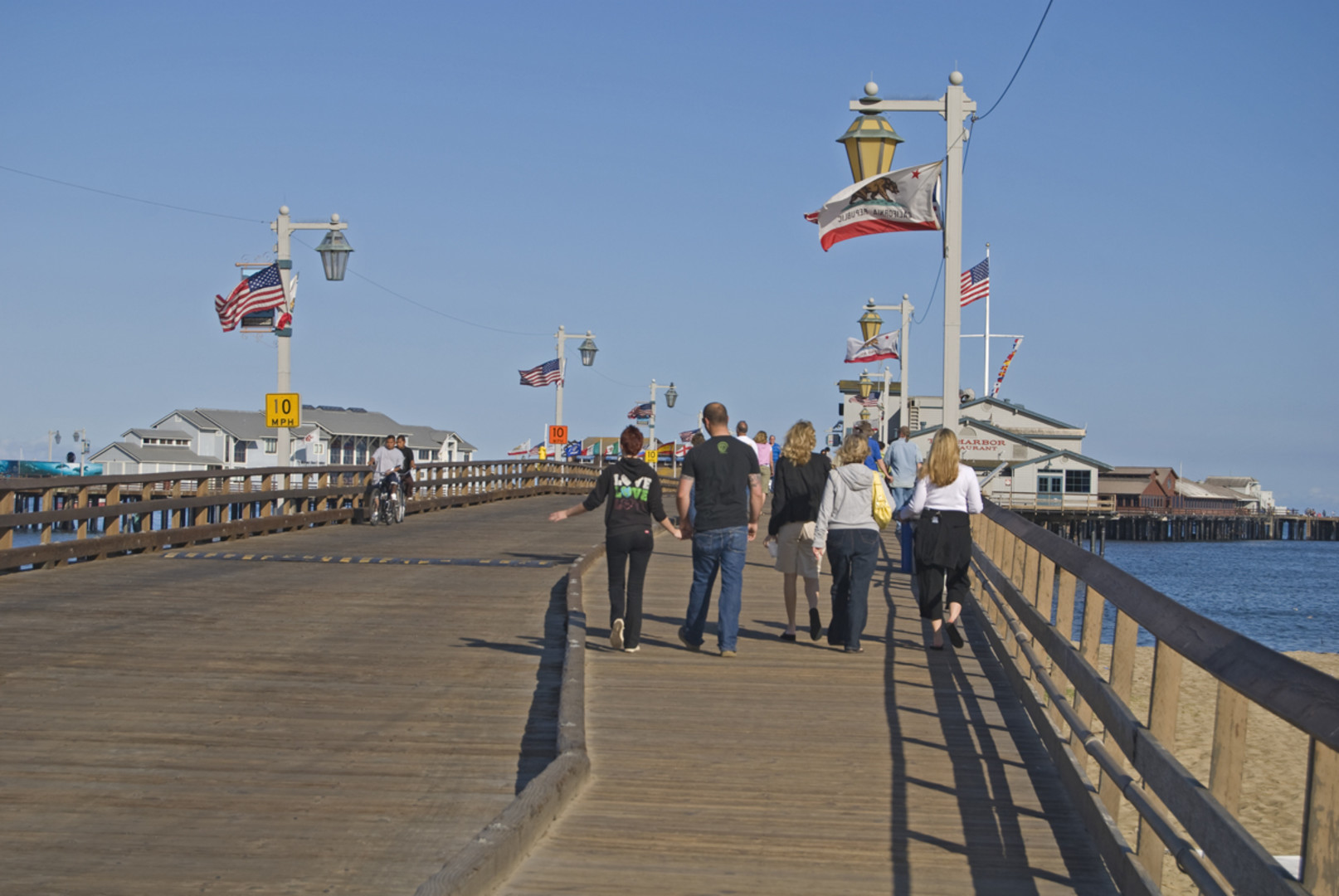The enigmatic and influential figure of Milton Friedman, a man whose economic theories have left an indelible mark on the world. Born on July 31, 1912, in Brooklyn, New York, Friedman’s early life was marked by a strong emphasis on education and a fascination with economics. His parents, Jewish immigrants from Hungary, encouraged his curiosity, and he went on to attend Rutgers University, where he developed a passion for economics.
Friedman’s academic career was nothing short of remarkable. He earned his Bachelor’s degree from Rutgers in 1932 and later received his Master’s degree from the University of Chicago in 1933. It was during his time at Chicago that Friedman was exposed to the works of notable economists such as Frank Knight and Jacob Viner, who would later become his mentors. In 1946, Friedman earned his Ph.D. in economics from Columbia University, solidifying his position as a rising star in the field.
One of the most significant aspects of Friedman’s work is his development of the concept of monetarism. This economic theory posits that the money supply, rather than government intervention, is the primary driver of economic activity. Friedman’s work in this area challenged the prevailing Keynesian economic theories of the time, which emphasized government spending and fiscal policy as the primary means of stabilizing the economy. Friedman’s monetarist ideas have had a lasting impact on economic policy, with many central banks around the world adopting his principles.
Friedman’s influence extends far beyond the realm of economics. He was a vocal advocate for libertarian ideals, arguing that individual freedom and limited government intervention were essential for promoting economic prosperity and social welfare. His book, “Capitalism and Freedom,” published in 1962, is a seminal work that explores the relationship between economic systems and individual liberty. In it, Friedman argues that capitalism is the most effective system for promoting economic growth and reducing poverty, while also protecting individual rights and freedoms.
Throughout his career, Friedman was recognized for his contributions to economics and public policy. He was awarded the Nobel Prize in Economics in 1976 for his work on consumption analysis, monetary history, and theory. Friedman was also a prolific writer and published numerous articles and books on economics, politics, and social issues. His column in Newsweek, which he wrote from 1966 to 1984, was widely read and helped to popularize his economic ideas.
Friedman’s legacy is complex and multifaceted. While his economic theories have been widely influential, they have also been subject to criticism and controversy. Some critics argue that his emphasis on monetarism and limited government intervention has contributed to income inequality and social injustice. Others have criticized his support for deregulation and free-market fundamentalism, which they argue has led to economic instability and environmental degradation.
Despite these criticisms, Friedman’s impact on modern economics and public policy is undeniable. His ideas have shaped the course of economic thought and continue to influence policymakers and scholars around the world. As we reflect on Friedman’s life and work, it is clear that his contributions to economics and public policy will remain a subject of debate and discussion for generations to come.
Friedman's work on monetarism has had a lasting impact on economic policy, with many central banks around the world adopting his principles. His ideas have also been influential in shaping the course of economic thought, with many scholars and policymakers drawing on his work to inform their decisions.
In addition to his academic and policy work, Friedman was also a gifted communicator and teacher. He was known for his ability to explain complex economic concepts in clear and simple terms, making him a popular lecturer and writer. His television series, “Free to Choose,” which aired in 1980, was a landmark production that introduced his economic ideas to a wide audience.
Friedman’s personal life was also marked by a strong sense of conviction and principle. He was a devoted husband and father, and his family played an important role in his life. Friedman’s wife, Rose, was also an economist and a writer, and the couple collaborated on several projects together. Friedman’s son, David, is a economist and a writer, and has continued his father’s work in promoting libertarian ideals and free-market economics.
What is monetarism, and how does it differ from Keynesian economics?
+Monetarism is an economic theory that emphasizes the role of the money supply in driving economic activity. It differs from Keynesian economics, which emphasizes government intervention and fiscal policy as the primary means of stabilizing the economy. Monetarists argue that the money supply, rather than government spending, is the primary driver of economic activity.
What are some of the criticisms of Friedman's economic theories?
+Some critics argue that Friedman's emphasis on monetarism and limited government intervention has contributed to income inequality and social injustice. Others have criticized his support for deregulation and free-market fundamentalism, which they argue has led to economic instability and environmental degradation.
What is Friedman's legacy, and how has his work influenced modern economics and public policy?
+Friedman's legacy is complex and multifaceted. His economic theories have been widely influential, and his ideas have shaped the course of economic thought and public policy. His emphasis on monetarism and limited government intervention has had a lasting impact on economic policy, with many central banks around the world adopting his principles.
As we reflect on Friedman’s life and work, it is clear that his contributions to economics and public policy will remain a subject of debate and discussion for generations to come. His ideas have shaped the course of economic thought, and his legacy continues to influence policymakers and scholars around the world. While his theories have been subject to criticism and controversy, they remain an essential part of the ongoing conversation about the role of economics in shaping our world.
Friedman's work on monetarism and his advocacy for limited government intervention have had a lasting impact on economic policy and public discourse. His ideas continue to influence policymakers and scholars around the world, and his legacy remains a subject of debate and discussion.
In conclusion, Milton Friedman’s life and work are a testament to the power of ideas to shape our world. His contributions to economics and public policy have been profound, and his legacy continues to influence our understanding of the role of economics in shaping our societies. As we move forward in an increasingly complex and interconnected world, Friedman’s ideas remain essential reading for anyone seeking to understand the intricacies of economic policy and the ongoing debate about the role of government in shaping our economies.
Understanding Monetarism: A Step-by-Step Guide

- Start by understanding the basics of monetarism, including the role of the money supply in driving economic activity.
- Learn about the differences between monetarism and Keynesian economics, and how these theories have shaped economic policy and public discourse.
- Examine the criticisms of Friedman’s economic theories, including concerns about income inequality and social injustice.
- Consider the implications of monetarism for economic policy and public discourse, including the potential benefits and drawbacks of limited government intervention.



